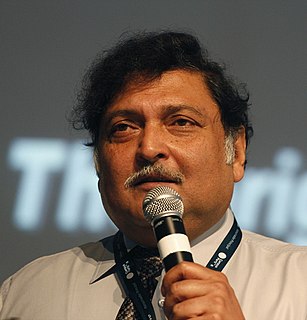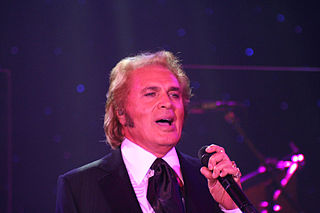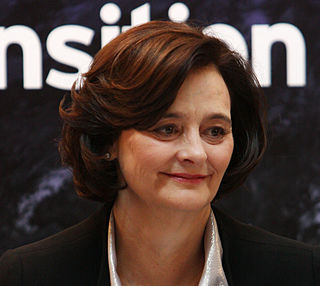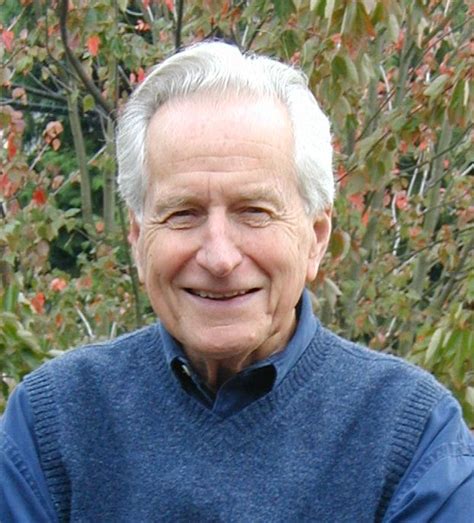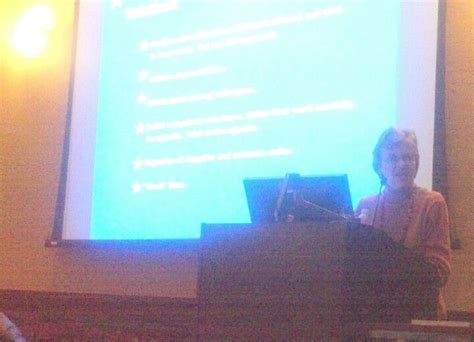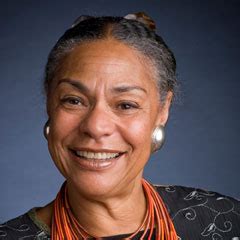A Quote by Arthur C. Clarke
If children have interests, then education happens.
Related Quotes
Look at children. Of course they may quarrel, but generally speaking they do not harbor ill feelings as much or as long as adults do. Most adults have the advantage of education over children, but what is the use of an education if they show a big smile while hiding negative feelings deep inside? Children don?t usually act in such a manner. If they feel angry with someone, they express it, and then it is finished. They can still play with that person the following day.
Parents who've not had an education themselves find it hard to explain to their children what a decent education involves, and I completely understand that. Parents themselves need to be educated by schools about what sort of education they should expect for their children. I do think there's a heavy responsibility of the school.
My own foundation concentrates on women's economic empowerment on the basis that if women have their own money and are able to support themselves, they can make choices about what happens to them in their lives, about whether they have education, whether they get married, and what happens to their children.
I do not see class as a 'structure', nor even as a 'category', but as something which in fact happens (and can be shown to have happened) in human relationships... the notion of class entails the notion of historical relationship. ...And class happens when some men, as a result of common experiences (inherited or shared), feel and articulate the identity of their interests as between themselves, and as against other men whose interests are different from (and usually opposed to) theirs

